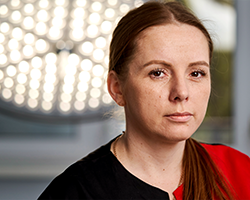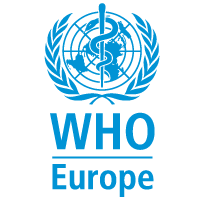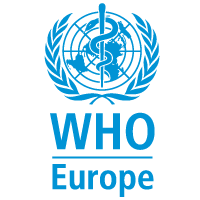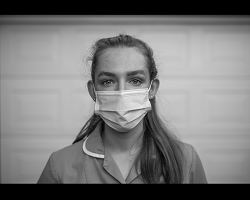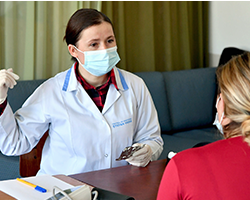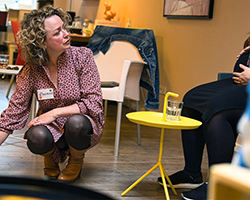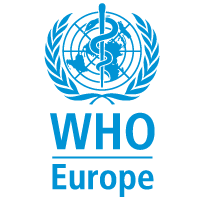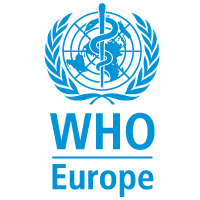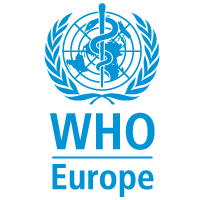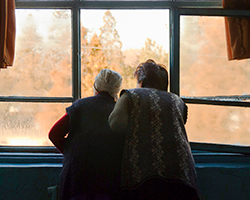“When the explosions first went off on 24 February, I turned up the volume of my children’s TV cartoons, so that they wouldn’t hear the noise. I was very much in doubt whether to stay or leave, but as a medical surgical nurse, I quickly realized that my skills were needed here. So, I stayed.”Tetiana…
A grim milestone has passed as reported confirmed COVID-19 deaths from countries in the WHO European Region have exceeded 2 million people. While this number is devastating, it represents a fraction of the overall deaths directly and indirectly associated with COVID-19, as WHO’s report on excess mortality during the pandemic has shown.While case numbers are declining…
WHO/Europe has launched a new document, providing support to countries that wish to set up a unit for behavioural insights (BI) in health. The document provides guidance on key considerations, ranging from the location of a unit and staffing, to ensuring impact and sustainability.The document was developed based on extensive consultation with experts who have…
In March 2020, Miranda Edge, aged 24, had only been qualified as a staff nurse for 6 months when she learned that the post-surgical ward she worked on in the West Midlands, United Kingdom, was to become a COVID-19 ward.While the world slowly took stock of the spread and severity of COVID-19, Miranda was confronted…
“When I first saw a refugee patient, I felt the ground slipping from under my feet. I had very mixed emotions. On the one hand I wanted to scream in pain, but at the same time, I knew I had to concentrate, because my patient needed me.”This is how Maria Roșca, a family nurse in…
As countries continue to rebuild their health systems following the COVID-19 pandemic, WHO/Europe urges governments to support and strengthen their nursing and midwifery workforce.On International Nurses’ Day 2022, WHO/Europe is publishing a series of new snapshots from 13 countries in the Region presenting how they are supporting nurses’ and midwives’ education, service delivery, jobs, and…
The ongoing war in Ukraine and its impact on health conditions locally, as well as health matters regionally and beyond, were the focus of a special session of the WHO Regional Committee for Europe today.The virtual special session, moderated from WHO/Europe in Copenhagen, Denmark, was called by Ukraine and 42 other Member States, including all…
10-11 May 2022Dr Hans Henri P. Kluge, WHO Regional Director for EuropeGood morning and thank you for joining this special session of the WHO Regional Committee for Europe.These are dark times for the European Region, as we are confronted with unthinkable levels of human suffering. In the long shadow cast from over two years of…
The COVID-19 pandemic has shown, perhaps as never before, the importance of risk communication and community engagement (RCCE) for emergency preparedness and response. Communicating the risks from the virus has proven vital to ensuring people can make informed decisions and take actions to protect themselves and others, and has thus helped reduce the pandemic’s impact…
Noncommunicable diseases (NCDs) are among the biggest health threats for people living in prisons – yet there are still not enough policies to address this serious problem. The new WHO report “Addressing the NCD burden in prisons in the WHO European Region: interventions and policy options” shares new data and lays out an updated approach…


